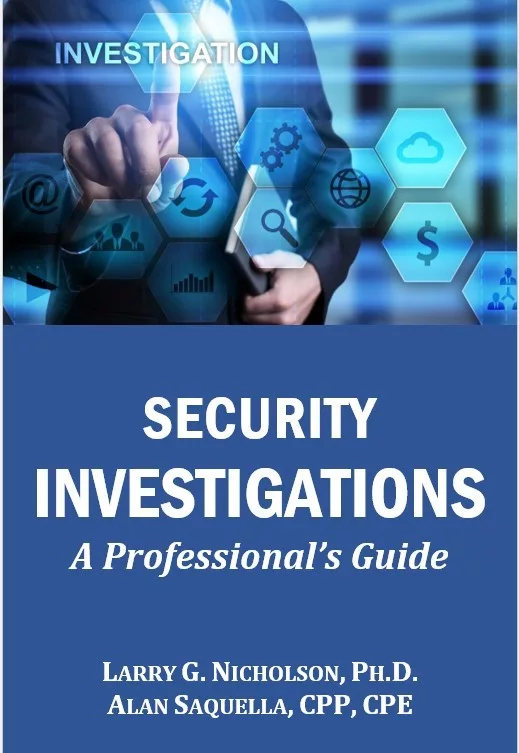The rising cost of investigations and fraud risk

A new report shows how organizations deal with the rising costs associated with investigating allegations of serious misconduct.
Kroll’s Global Fraud and Risk Report, based on a survey of over 1,330 senior decision-makers for risk strategy, including CEOs, general counsels, chief compliance officers and chief financial officers, reveals that the vast majority (82%) of respondents said their organizations had been significantly impacted by fraud, corruption, illicit activity, money laundering or other serious misconduct.
In response to the high reported rates of serious misconduct, more than three-quarters (78%) of surveyed organizations stated they had conducted internal investigations over the past three years.
The sectors reporting the highest impact from fraud, corruption and illicit activity were:
- Transport, leisure and tourism.
- Banks.
- Technology, media and telecommunications.
- Life sciences.
- Retail, wholesale and distribution.
While the majority (90%) of respondents in the transport, leisure and tourism sector reported their organization had been significantly impacted by serious misconduct, only 65% of organizations in this sector had conducted an internal investigation in the last three years. Of all sectors surveyed, only the extractives sector reported a lower incidence of internal investigations (64%), with 75% of respondents reporting significant impacts from serious misconduct.
The sectors most likely to have conducted an internal investigation were banks, life sciences, technology, media and telecommunications, manufacturing and consumer goods.
Almost all organizations (98%) that had conducted an internal investigation recruited the help of external firms to assist, with the most called-upon advisors being computer forensics/eDiscovery firms (55%), followed by investigations firms (47%).
Despite advancements in technology and data analytics, nearly four in five (79%) respondents said the cost of investigations had increased over the past three years. Organizations with the highest turnover found themselves the most susceptible to rising costs, perhaps partly due to the growing complexity of global operations. Nearly half (49%) of organizations surveyed with a turnover of more than $15 billion felt the cost of internal investigations had “increased significantly,” almost double that of the global average (26%).
Kroll’s research also shows that organizations believe that some firms offering investigative services fail to deliver true value. Document review and eDiscovery services were identified as the most expensive relative to their value by 29% of respondents, followed closely by computer forensics (24%).
This suggests that some external providers are not leveraging the most up-to-date tools and technology to efficiently find relevant information — the “smoking gun” email or transaction or significant anomalies — in massive volumes of structured and unstructured data.
Looking for a reprint of this article?
From high-res PDFs to custom plaques, order your copy today!







